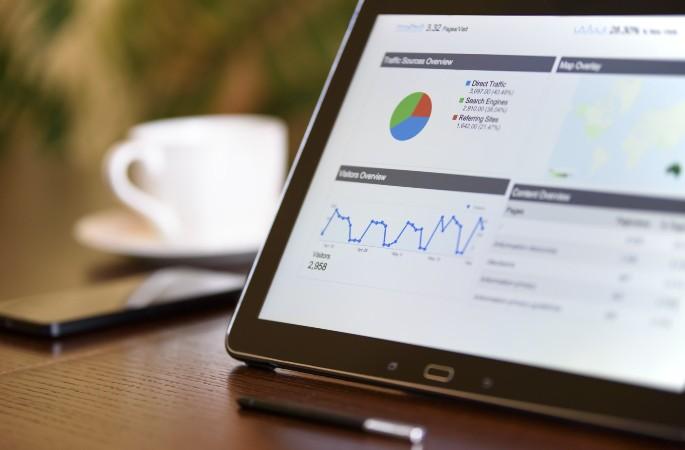Employers and Universities: Work with us?

How to become a data analyst
Data analysts are in high demand as more and more information becomes available to organisations and provides opportunities to work more effectively and make more money.
In this guide, we take a look at how to become a data analyst and share some insights into what you can expect from a career in this field.
‘Want an demanding career in a fast-growing area of work? Check out how to become a data analyst’
What is a data analyst?
Data analysts collect data (or information), organise it and manipulate it to reach meaningful conclusions. They may work with any kind of data, from sales and marketing to social media and web traffic. They then share their reports and interpretations with clients and colleagues to aid decision-making and make recommendations. As well as providing recommendations and interpretations (“insights”), they may also set up analytics systems.
What does a data analyst do?

language such as SQL
Data analysts:
- Get data from primary and secondary sources.
- Clean the data by getting rid of irrelevant information.
- Analyse and interpret the information using statistical tools, drawing conclusions from their findings.
- Produce reports for non-data specialists, to help them make decisions and make recommendations to clients.
- Work with other members of the organisation, such as managers, marketers and account managers.
- Work with web developers and data scientists to collect and manipulate the data.
Read on to find out how to become a data analyst.
What skills do I need?
To become a data analyst, you need a range of skills to help you work with data and communicate your findings to non-specialist colleagues:
- Good maths and statistical skills.
- Excellent problem-solving and analysis skills.
- Good commercial awareness and business skills.
- Strong written and verbal communication skills.
They also need to be adept at using tools, software and have some proficiency with coding:
- Microsoft Excel and other spreadsheet software.
- SQL programming language for database management.
- Google Analytics for analysing website traffic data.
- Google AdWords for analysing search engine and internet advertising.
What qualifications do I need?

as a data analyst
You will generally need a university degree in a numerical field such as maths, finance, statistics, economics or computer science to become a data analyst.
A mixture of A-levels/equivalent subjects will help you prepare for a career as a data analyst:
- Maths or computer science will provide the numerical and problem-solving background you need to be a good data analyst, with computer science providing coding skills as well.
- Business studies will help you develop the commercial acumen needed to deliver business-savvy recommendations and insights.
- English, history, philosophy or another essay-based subject will help you communicate your findings and recommendations effectively and clearly.
What experience do I need?
Data analysts are in high demand but you still need work experience to set yourself apart from the crowd. To become a data analyst, consider a work experience placement or paid internship in a data analysis role. You may find an opportunity in a large marketing or insights agency or alternatively in a professional services firm or consultancy. Many smaller companies employ data analysts too and you may be able to find an opportunity to shadow the team.
How much will I earn?
According to National Careers Service, a data analyst in the UK can expect to earn between £23,000 and £70,000 depending on experience and career progression.
How will my career progress?
Career progression for data analysts often involves progressing to a management or “corporate leadership” role where you are responsible for a team and making strategic business decisions. With experience, data analysts are well suited to decision-making roles given their proficiency with numbers, data and evidence.
Find out more about roles involving data, programming and numbers by checking out our IT & The Internet Career Zone.
Images: Computer scientist in lab CC 3.0 via UCSD
